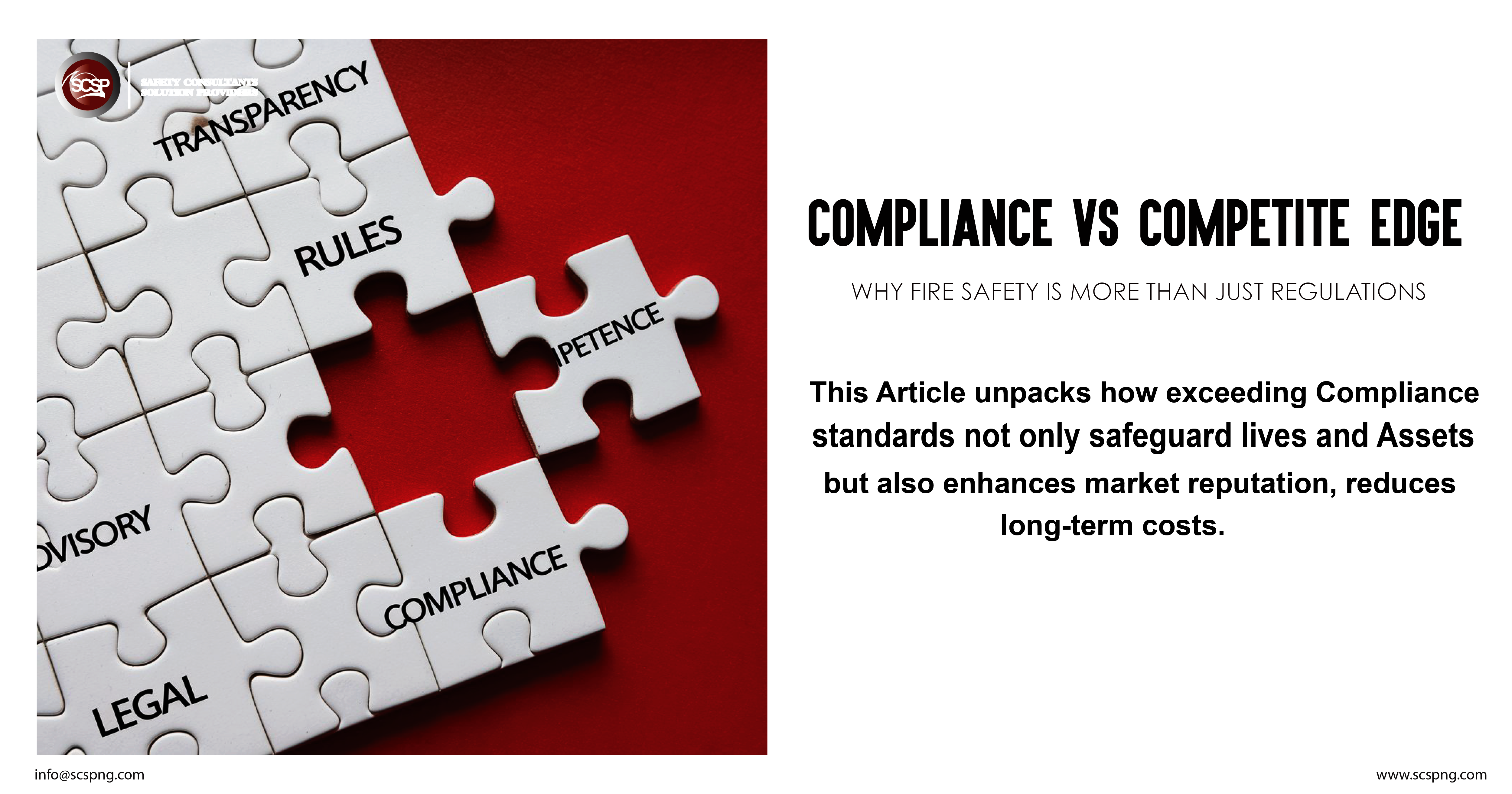
In Nigeria’s burgeoning insurance market, the importance of maintaining robust Service Level Agreements (SLAs) cannot be overstated. SLAs are foundational to ensuring that service providers meet agreed-upon performance standards, thereby guaranteeing operational stability and customer satisfaction. Despite their critical role, many insurance firms in Nigeria continue to overlook the importance of SLAs, a neglect that poses significant risks. This oversight threatens not only the operational efficiency of these firms but also their financial stability and reputation in a competitive market.
There are typically three types of SLA agreements: Customer-based SLAs, Service-based SLAs, and Multi-level SLAs, each serving distinct purposes in the insurance industry.
- Customer-based SLAs: These agreements are tailored to specific customer groups or individual policyholders within the insurance sector. Customer-based SLAs outline service expectations and performance metrics customized to meet the unique needs and preferences of different policyholders. For instance, a large corporate client may require expedited claims processing and dedicated customer support, whereas individual policyholders may prioritize clear communication and timely updates on their claims. Customer-based SLAs ensure that insurance companies can provide personalized service experiences, enhancing customer satisfaction and retention rates.
- Service-based SLAs: These agreements focus on specific services offered by insurance companies, such as claims processing, policy issuance, or customer support. Service-based
- SLAs define the quality, availability, and responsiveness of these services, establishing benchmarks for performance. For example, an SLA for claims processing may specify the maximum time within which claims must be assessed and settled, ensuring efficiency and transparency. In the insurance sector, where timely service delivery directly impacts customer trust and satisfaction, service-based SLAs are instrumental in maintaining operational excellence and competitive advantage.
- Multi-level SLAs: These agreements integrate both customer-based and service-based SLAs to address the diverse needs of policyholders across different service levels. Multi-level SLAs establish tiered service levels based on factors such as policy type, premium size, or customer segment. For instance, a platinum-tier policyholder might receive priority service with expedited claims processing and 24/7 concierge support, while standard-tier policyholders receive standard service levels. Multi-level SLAs allow insurance companies to efficiently allocate resources, manage service expectations across various customer segments, and optimize operational efficiency.
These major categories encompass every aspect of a Service Level Agreement that cannot be ignored.
The repercussions of ignoring SLAs are extensive. Without the accountability enforced by SLAs, service disruptions become more frequent, leading to delays in claims processing and a decline in customer service quality. For Nigerian insurance firms, where trust and reliability are key differentiators, such disruptions can be particularly damaging. Clients experiencing repeated service failures are likely to switch to competitors, resulting in a loss of market share and negatively impacting the firm’s revenue stream. In an industry that thrives on customer loyalty, maintaining high service standards is crucial for sustained growth.
Financially, the absence of robust SLAs can be devastating. Insurance firms in Nigeria without clearly defined SLAs are more susceptible to legal disputes with dissatisfied clients. These disputes not only incur substantial legal costs but also divert critical resources away from core business activities. Furthermore, regulatory authorities in Nigeria are increasingly vigilant about service compliance, imposing significant fines on non-compliant firms. The combination of legal expenses and regulatory penalties can severely strain the financial health of insurance companies, undermining their ability to operate effectively.
Beyond immediate operational and financial impacts, the long-term damage to a company’s reputation can be irreparable. In a digital age where information spreads rapidly, news of an insurance firm’s failure to meet service commitments can quickly erode public trust. A damaged reputation hampers the ability to attract and retain clients, making it difficult to regain lost ground. To mitigate these risks, Nigerian insurance firms must prioritize the establishment and rigorous enforcement of SLAs. By doing so, they can enhance service reliability, build customer trust, and secure their position in a highly competitive market.
In conclusion, overlooking SLAs in Nigeria’s insurance sector introduces unchecked risks that can lead to service disruptions, financial losses, and reputational damage. To navigate these challenges, insurance firms must acknowledge the critical importance of SLAs in ensuring operational excellence and customer satisfaction. Embracing and rigorously enforcing SLAs is not just a regulatory requirement but a strategic imperative for achieving long-term success in Nigeria’s dynamic insurance market.
Read more on the importance of fire safety maintenance at REQUIREMENTS FOR BUILDING RESILIENCE INFRASTRUCTURE IN THE BANK STRUCTURE: SAFETY ENGINEERING THROUGH FIRE STRATEGY IMPLEMENTATION.










